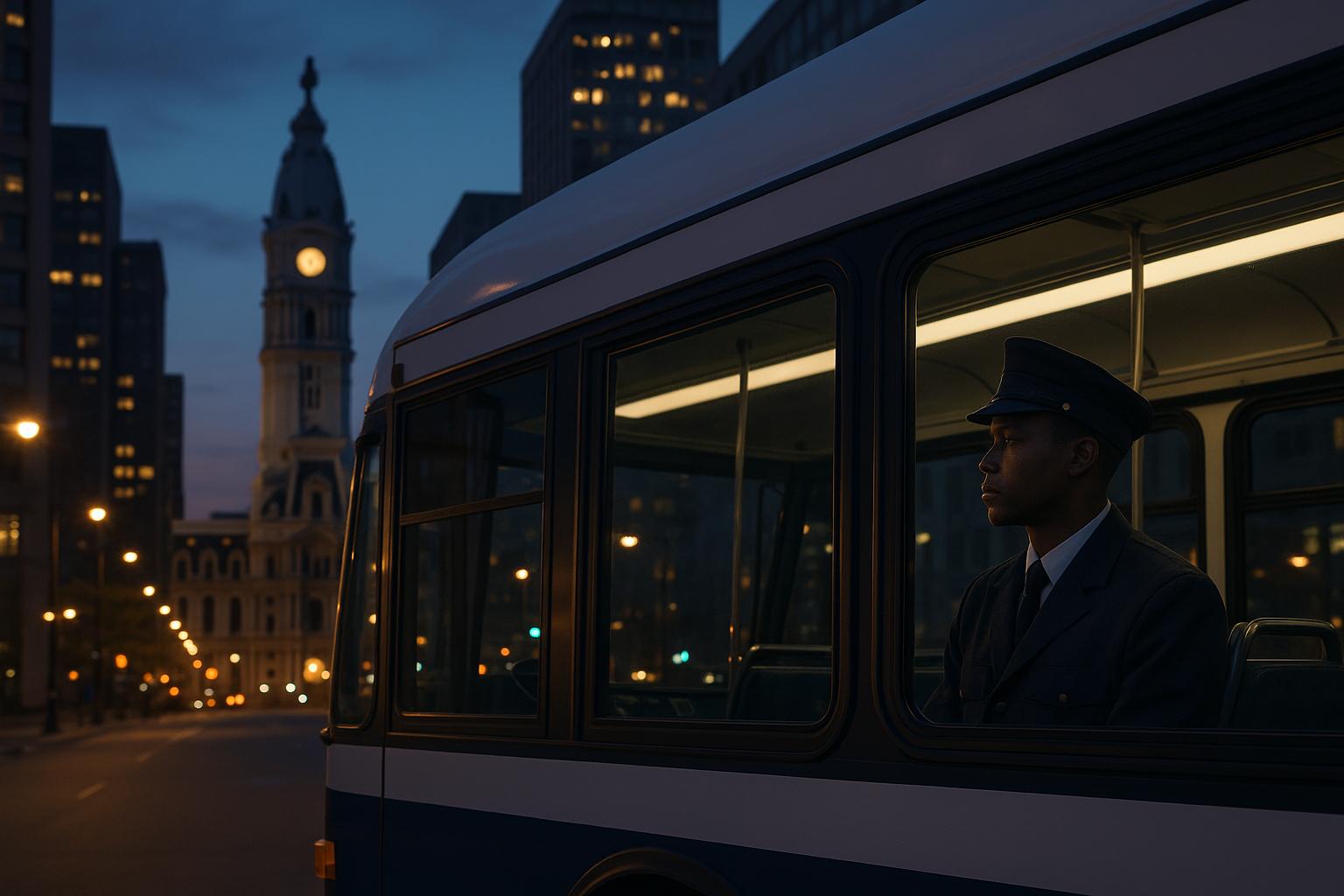MPs have voted decisively to repeal a 2017 ban on councils setting up their own bus companies, with a majority of 275 approving the Bus Services (No. 2) Bill as it nears becoming law. This legislation marks a significant shift in local transport policy after decades of deregulation, aiming to empower town halls with greater control over bus routes, timetables, fares, and the ability to protect "socially necessary" services from being axed abruptly. Transport Secretary Heidi Alexander described the Bill as the most substantial overhaul of bus services in a generation, highlighting its potential to improve service accessibility, introduce greener buses, and integrate bus networks more effectively into local transport systems.
The Bill introduces new duties on local authorities to partner with bus operators in identifying services considered essential for social connectivity and public need. It requires councils to specify conditions that operators must meet when attempting to cancel or alter such routes, as well as to explore alternative measures that could mitigate the impact of service changes. This approach responds to longstanding criticisms of deregulation, which have led to reduced services, especially in rural and less commercially viable areas. For instance, independent MP Chris Hinchliff lamented the creation of "public transport deserts" in rural towns and villages, pointing to severe social consequences like increased pollution, isolation, and limited access to education and employment.
The Bill also permanently removes the requirement for councils to seek government consent before setting up franchised bus networks akin to those in London and Manchester, thereby streamlining the process for local authorities to take more direct control. This change is supported by provisions making franchising easier and faster to implement, according to parliamentary briefings. Such reforms aim to reverse the perceived failures of decades of privatisation and deregulation that critics argue have harmed public transport reliability and accessibility.
Safety and accessibility were key concerns addressed during parliamentary debate. Discussions highlighted the problematic design of "floating bus stops," where a cycle lane is positioned between the bus stop and pavement. Vulnerable users such as people who are blind, partially sighted, elderly, or those with young children have found these setups intimidating and hazardous. Labour MP Marsha de Cordova, who is registered blind, described crossing cycle lanes to reach bus stops as “quite terrifying and very dangerous.” The government has pledged to publish statutory guidance and conduct further research on improving these stops, with Active Travel England supporting councils in reviewing and remediating existing designs.
While Labour and independent MPs broadly welcomed the Bill as a corrective step towards more inclusive and locally responsive public transport, Conservative shadow transport minister Jerome Mayhew cautioned that the new powers could expose local authorities to financial risks without adequate government support. He also raised concerns about passenger safety related to floating bus stops, advocating for a possible ban or strict regulatory measures in future parliamentary votes.
The Bill has passed all readings in the House of Commons and will return to the House of Lords for final consideration of amendments before receiving Royal Assent and becoming law. Government impact assessments have rated the legislation as fit-for-purpose, noting its comprehensive coverage of over 20 measures aimed at enhancing bus services nationwide, including training for bus staff, enforcement improvements, and zero-emission targets.
This legislation represents a pivotal moment for local transport policy in England, potentially reversing the legacy of deregulation by equipping local authorities with the tools to rebuild and modernise bus networks to better serve their communities, particularly those in rural and underserved areas.
📌 Reference Map:
- Paragraph 1 – [1], [6], [7]
- Paragraph 2 – [1], [5], [2], [3]
- Paragraph 3 – [1], [6], [3]
- Paragraph 4 – [1], [3], [6]
- Paragraph 5 – [1]
- Paragraph 6 – [1], [3], [5]
- Paragraph 7 – [1], [7]
Source: Noah Wire Services
